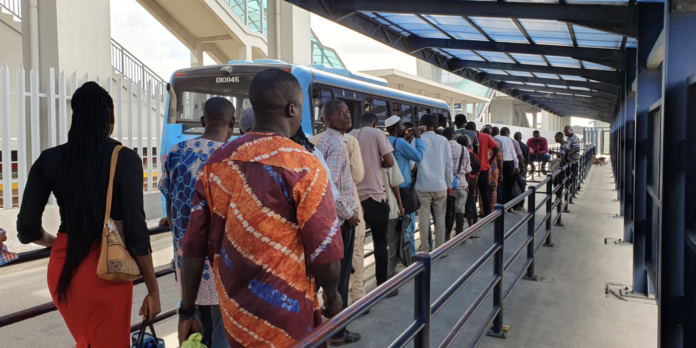A recent study by Leger et al. (2025) titled “The role and effectiveness of non-formal training programmes for entrepreneurship in sub-Saharan Africa: a systematic literature review,” published in Entrepreneurship & Regional Development, reveals that there is significant variation in the types and effectiveness of non-formal training programs for entrepreneurship in sub-Saharan Africa.
“
Non-formal entrepreneurship training programs in sub-Saharan Africa vary widely in effectiveness, requiring contextualization and targeted approaches for success.– Leger et al. 2025
The article examines the influence of non-formal training programs on entrepreneurship in sub-Saharan Africa, a region where entrepreneurship is increasingly viewed as a solution to unemployment and economic challenges. By analyzing 49 studies sourced from SCOPUS and EBSCO databases, the article evaluates the effectiveness of various non-formal training initiatives. The findings reveal substantial differences in the types of training offered and their overall impact. The authors underscore the importance of understanding the local entrepreneurial landscape and conducting thorough evaluations to assess program effectiveness. They advocate for a more in-depth exploration of human capital within local entrepreneurial ecosystems and stress the need for contextualized training materials and targeted participant selection to design more impactful programs.
How the Study was Conducted
The study employed the SCOPUS and EBSCO databases using keywords related to “training,” “entrepreneurship,” and “sub-Saharan Africa.” The authors selected 49 articles that discussed non-formal training programs in the region. The review aimed to evaluate the effectiveness of these programs and understand the context-specific entrepreneurial environment.
What the Authors Found
The authors found significant variation in the types and effectiveness of non-formal training programs for entrepreneurship in sub-Saharan Africa. They highlighted the importance of understanding the local entrepreneurial environment and the need for rigorous effectiveness evaluations.
Why is this important?
This study is important because it addresses the pressing challenges of unemployment and economic development in sub-Saharan Africa. By evaluating the effectiveness of non-formal training programs for entrepreneurship, the study provides insights into how these programs can be improved to better support local entrepreneurs. This is crucial for creating sustainable businesses, increasing job creation, and ultimately alleviating poverty in the region. The findings emphasize the need for a nuanced understanding of the local entrepreneurial environment and the importance of tailoring training programs to the specific needs of participants.
What the Authors Recommended
The authors recommend a deeper analysis of the role of human capital within local entrepreneurial ecosystems. The study suggests that training programs should be contextualized and tailored to the specific needs of participants. This includes considering the local entrepreneurial environment and conducting rigorous effectiveness evaluations. By doing so, training programs can be more effective in supporting entrepreneurs and fostering sustainable businesses in sub-Saharan Africa.
In conclusion, the study by Leger et al. (2025) sheds valuable light on the diversity and effectiveness of non-formal training programs for entrepreneurship in sub-Saharan Africa. By emphasizing the importance of understanding local entrepreneurial ecosystems and tailoring training initiatives to specific participant needs, the research provides actionable insights for designing impactful programs. Addressing unemployment and fostering sustainable businesses in the region will require a nuanced approach that integrates human capital development with rigorous program evaluation. This study serves as a critical foundation for future efforts to enhance entrepreneurship as a driver of economic growth and poverty reduction in sub-Saharan Africa.
















 The African Research (AR) Index is a comprehensive scholarly directory and database focused explicitly on journal publishers that publish and disseminate African research.
The African Research (AR) Index is a comprehensive scholarly directory and database focused explicitly on journal publishers that publish and disseminate African research.

